Autism Stem Cell Therapy in Asia's Top Regenerative Medicine Clinics
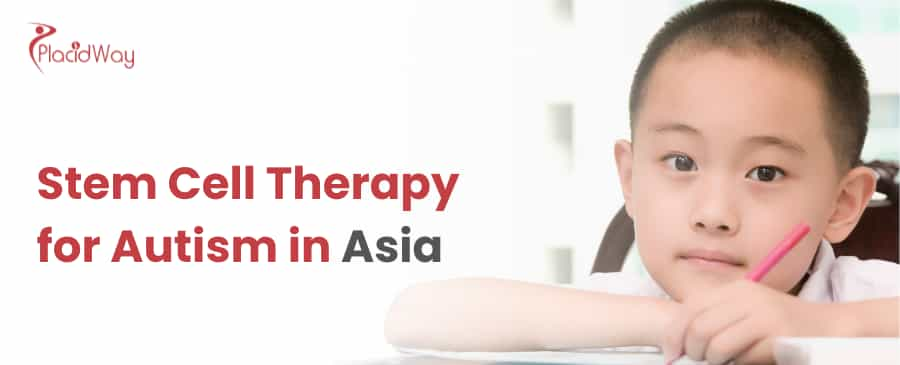
|
Table of Content • Why Choose • FAQs |
Asia has a long history of medicine. Now, it's a leader in new medical technology! It offers stem cell therapy to help people with autism. This amazing treatment uses stem cells. These special cells can help with the brain differences autism can cause. If you choose to go to Stem Cell Therapy for Autism in Asia, you'll get great care. Doctors use advanced science and traditional knowledge to help you feel better. It's where hope and new ideas come together. Come find a brighter future for autism treatment!
Understanding Autism
Autism, or Autism Spectrum Disorder (ASD), is a condition that makes it hard to do some things. People with autism may find it hard to talk with others. They might have trouble understanding how other people feel. They may also do the same things over and over again. Every person with autism is different. The word "spectrum" means that autism looks different in everyone. Doctors don't know exactly what causes autism. But they think it might be a mix of things. Genes, the environment, and brain differences could all play a part.
The Role of Stem Cells
Stem cells are like blank slates. They can change into any type of cell in your body! They can become muscle cells or even brain cells. Stem cells can fix hurt parts of your body. This makes them really important for new medical treatments.
How Stem Cells Can Help with Autism
- Neural Repair and Regeneration: Stem cells might be able to fix hurt brain cells. This could help with some of the brain differences in people with autism.
- Anti-inflammatory Effects: Brains of people with autism sometimes have swelling. Stem cells can help reduce this swelling.
- Immune System Modulation: Some scientists think autism might be connected to problems with the immune system. Stem cells can help keep the immune system working the way it should.
- Enhancing Connectivity: Stem cells might help brain cells connect and talk to each other better. This can help with thinking and talking with others.
- Neuroprotection: Stem cells can protect brain cells from getting hurt. They can also help brain cells live longer.
Top Stem Cell Therapy for Autism Clinics in Asia
Asia is a great place to get stem cell therapy. It has some of the best clinics in the world! Each clinic has its own special way of helping people.
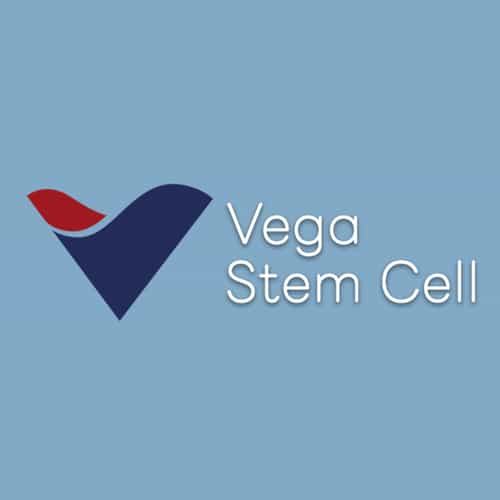
Dr. Pravin Patel Innovative Hospital
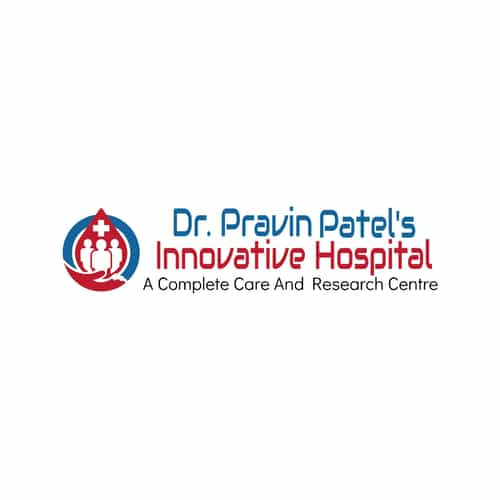
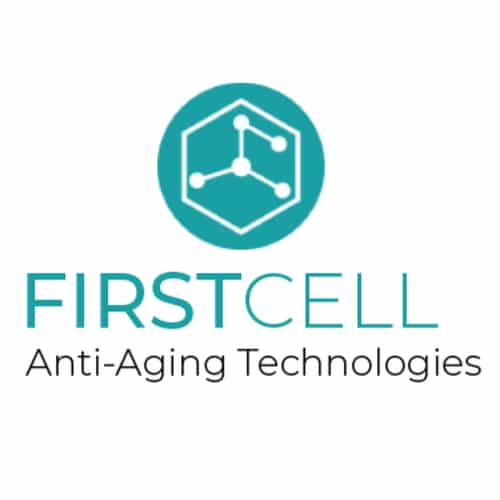
Cost of Stem Cell Therapy for Autism in Asia
If you are thinking about stem cell therapy in Asia, these clinics can give you hope. They use new ideas and they really care about you.
Cost of Stem Cell Therapy for Autism in Asia
How much does stem cell therapy for autism cost in Asia? Well, that depends. A few things can change the price. A famous clinic might cost more. Some countries have better medical care, which can also make the price higher. The type of treatment you need and how many times you need it matters too.
|
Packages |
Cost in USD |
|
$4,300 |
|
|
$9,800 |
|
|
$10,000 |
Remember that the price is important. But you should also think about how good the clinic is. Look at their success rates and what other patients say about them. Talk to a doctor and do your research. Then you can make a smart choice.
Why Choose Asia for Autism Stem Cell Treatment?
Lots of people from all over the world go to Asia for stem cell treatments. Why? Because Asia is a great place to get this kind of help! Here are some reasons why:
-
Cutting-edge Technology & Research: Asia is really good at science and medicine now. Countries like China, South Korea, India, and Thailand are doing amazing research on stem cells.
-
Cost-Effective Treatment: Stem cell treatment in Asia costs less than in many other places. But that doesn't mean the quality is bad. In fact, the treatments are just as good, or even better, than in other countries.
-
Renowned Medical Institutions: Asia has fantastic hospitals and clinics. They are very modern and have expert doctors.
-
Holistic Approach to Healing: Many Asian cultures think about healing the whole person: mind, body, and spirit. You can get stem cell treatments and also try things like acupuncture or yoga. These can help you feel better overall.
-
Cultural & Tourism Experience: Going to a new country for treatment can be fun! Asia has a rich culture and beautiful places to see. This can help you relax and feel better.
-
Ease of Access: It's easy to travel to Asia. There are many flights to big cities there.
-
Tailored Treatment Plans: Clinics in Asia will make a special treatment plan just for you. This means you get exactly the care you need.
-
Regulations & Ethics: Asian countries have rules about stem cell treatments. This makes sure that the treatments are safe and done the right way.
-
Post-Treatment Care: Clinics in Asia will help you even after your treatment is done. They want to make sure you are getting better.
-
International Patient Services: Many hospitals in Asia help people who come from other countries. They can help with everything from talking to doctors to finding a place to stay.
FAQs About Stem Cell Therapy for Autism in Asia
What is stem cell therapy for autism?
Stem cell therapy for autism uses special cells called stem cells. These cells can change into any other type of cell. Doctors use them to try to fix hurt brain cells and help with other problems caused by autism.
Why go to Asia for this treatment?
Asia uses both old and new ways to help people heal. Asian clinics and hospitals are modern, have great doctors, and don't cost as much as other places.
Is it safe to undergo stem cell therapy in Asia?
Many clinics in Asia are very safe. But it's important to do your research and pick a good clinic. Talk to your doctor before you decide.
How much does it cost on average?
Stem cell therapy for autism in Asia usually costs between $9,300 and $19,000. The price can be different depending on the clinic, the country, and the type of treatment you need.
How long is the treatment?
The treatment time depends on what kind of treatment you need. You might need to stay for a week or maybe even a few weeks. This includes time before the treatment to check your health, the treatment itself, and time afterward to make sure you are doing okay.
Are the results guaranteed?
No treatment can promise that it will work perfectly. Many people see good results, but it depends on the person and how bad their autism is.
What are the side effects?
Side effects don't happen often. But you might have some pain where you get the injection. You might also have a little fever. In rare cases, your immune system might react badly. It's important to talk to your doctor about the risks.
Do I need to go to Asia more than once for the treatment?
This depends on your treatment plan. Some people only need to go once. Others might need to go back again. Ask your clinic about this.
Do the clinics offer help after the treatment?
Good clinics will help you after your treatment. They will give you instructions and check on you to make sure you are doing well.
How soon will I see results?
This is different for everyone. Some people see changes in a few weeks. For others, it takes months to see results.
Discover a Brighter Tomorrow: Choose Asia for Autism Stem Cell Treatment
If you or someone you love has autism, you might be looking for best autism treatments in Asia. Asia could be the answer! Asia has great medical care and a way of healing the whole person. It's a great place to try stem cell therapy for autism.
Want to learn more about stem cell therapy for autism in Asia? Contact us!
Disclaimer
Stem Cell Therapy is still experimental. The information on this website is for education only. It is not a replacement for talking to a doctor. It should not be seen as medical advice. If you need medical help, talk to a doctor.



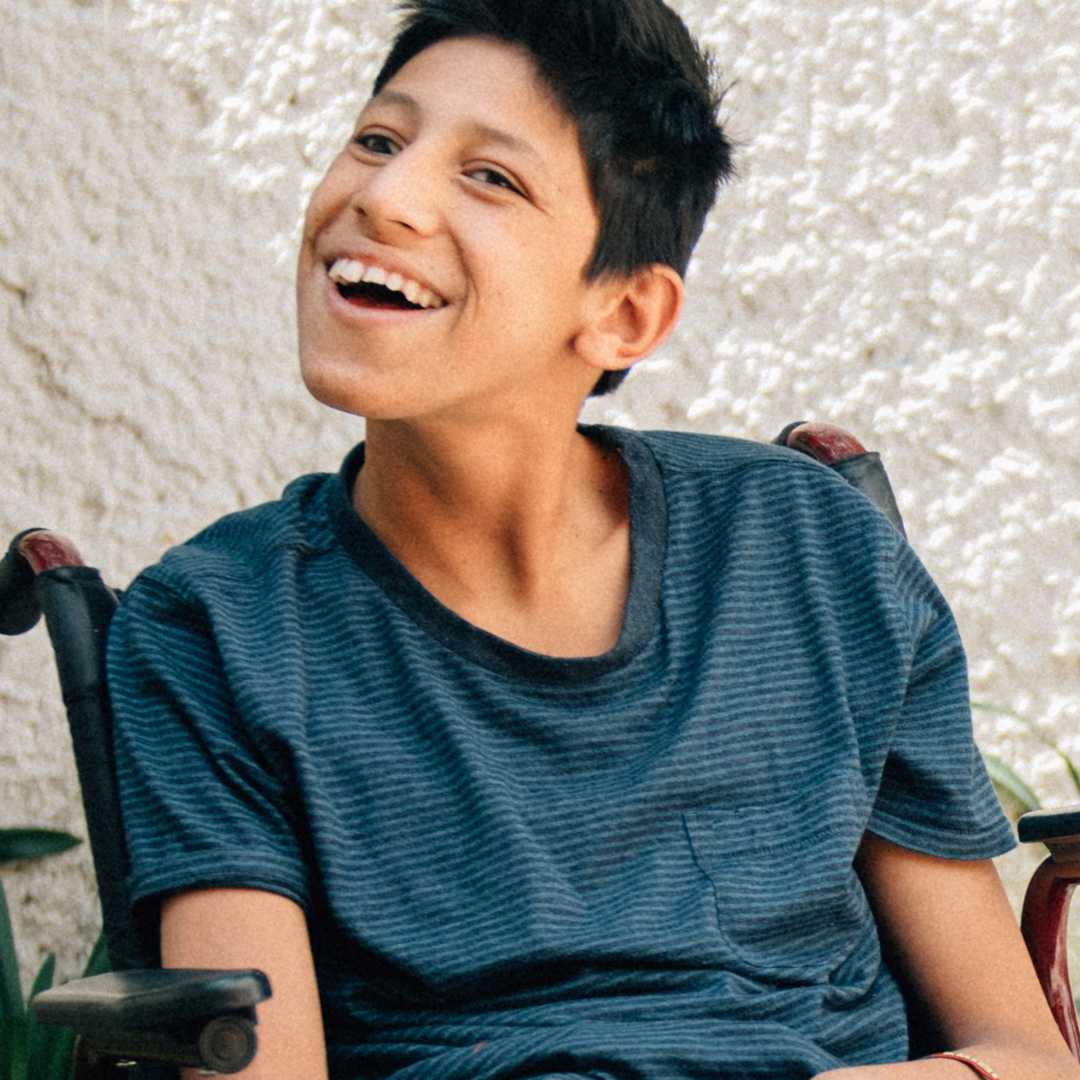
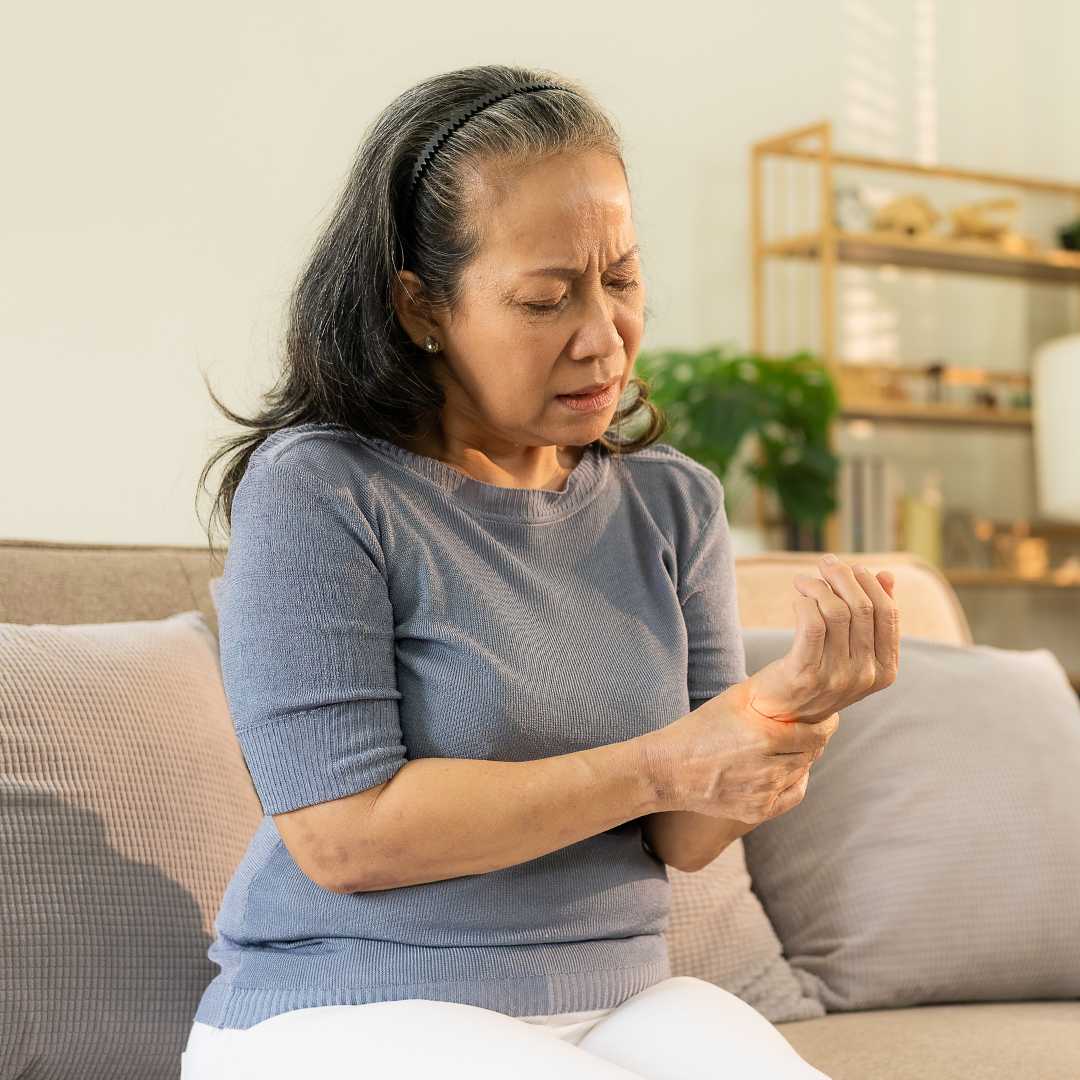

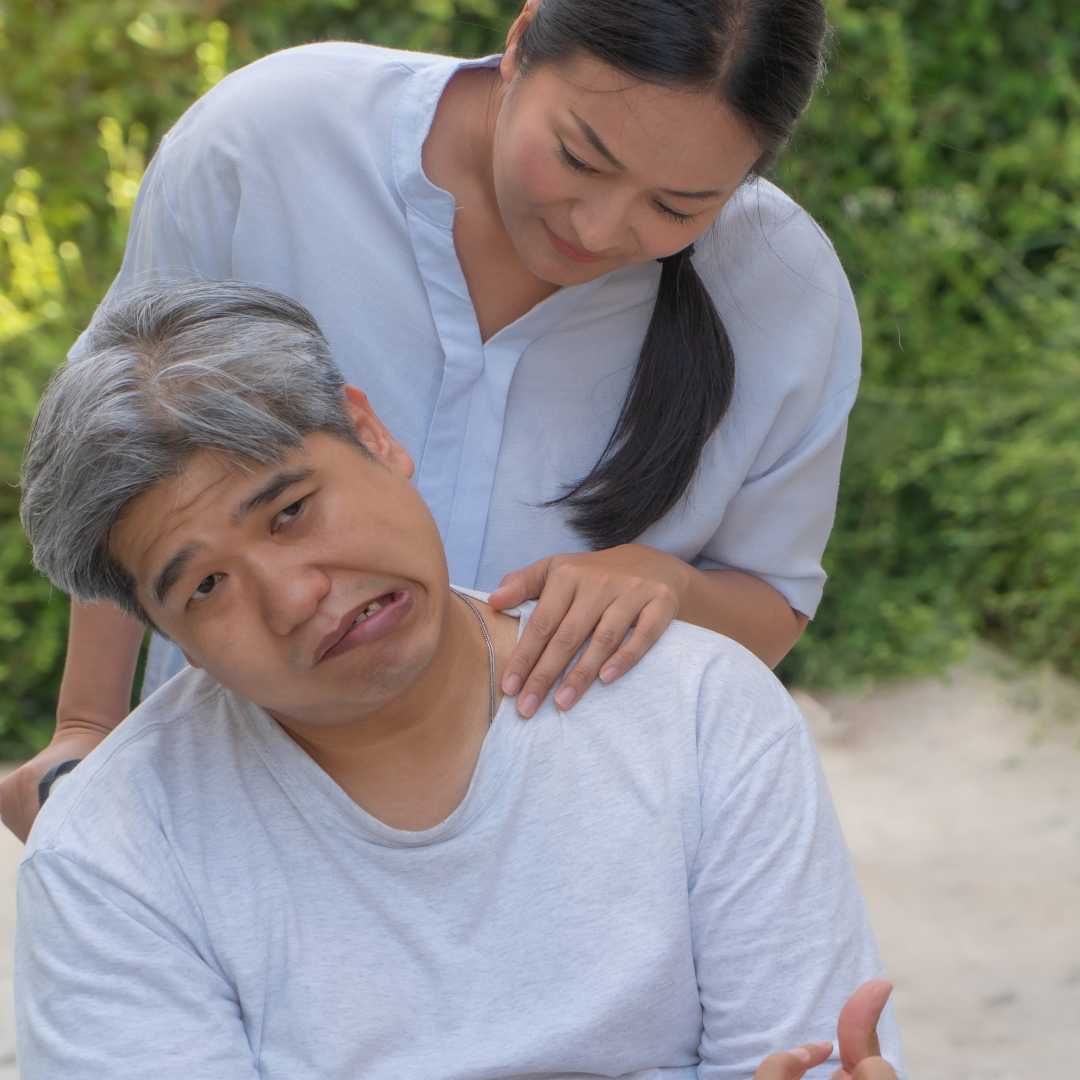

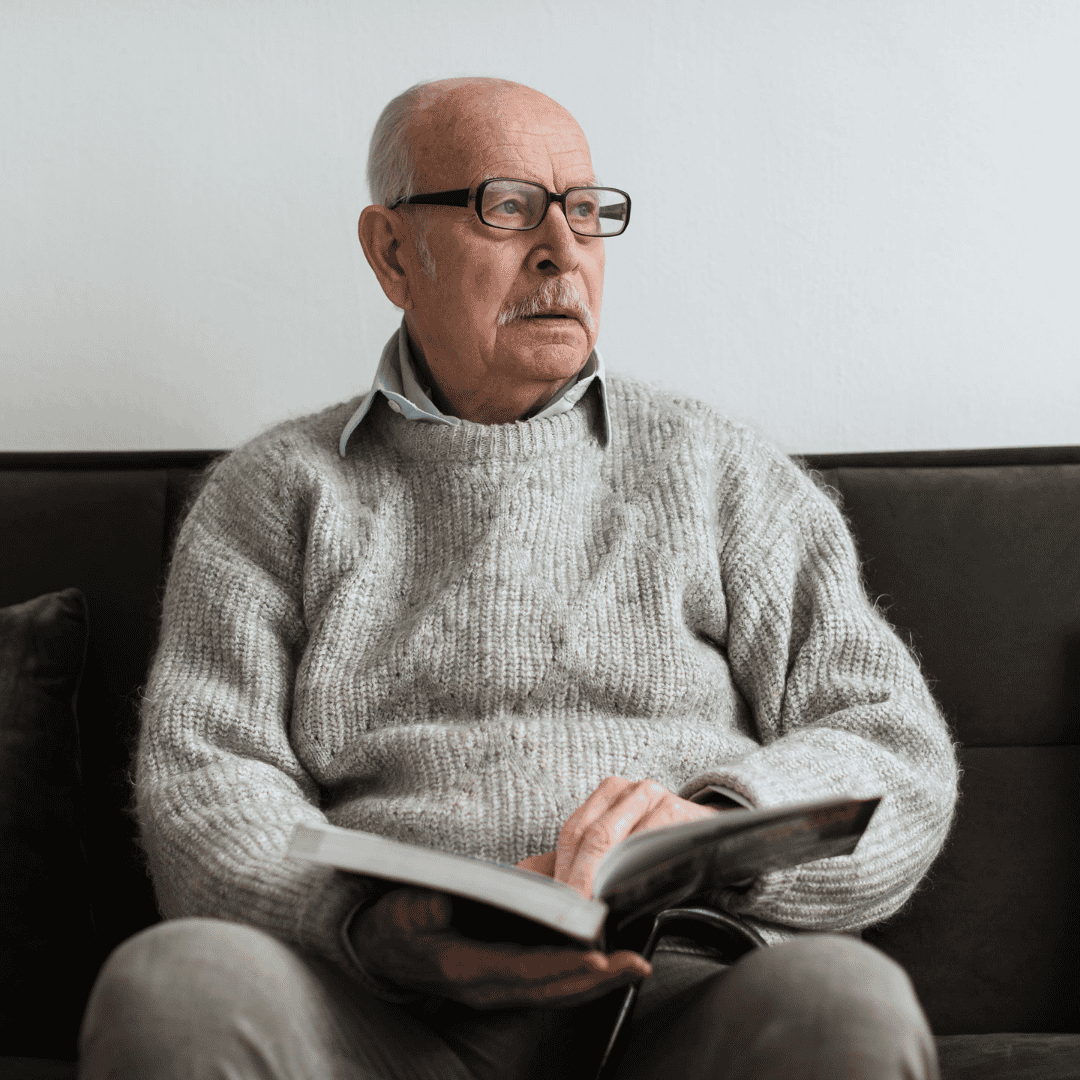



Share this listing